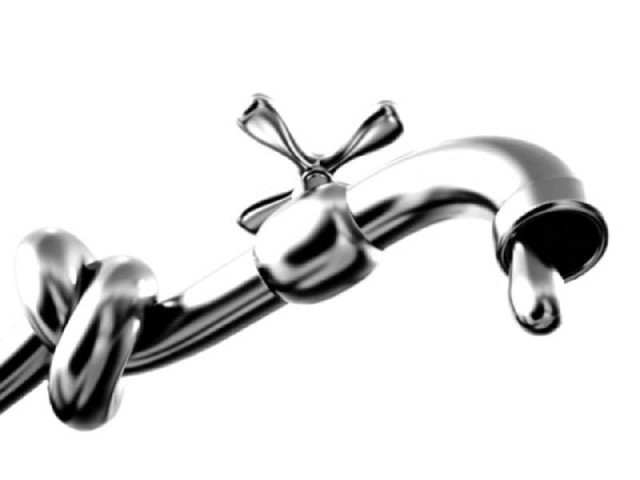IESCO cuts power supply to 200 tube wells
Various areas in Rawalpindi face sever water shortage amid sweltering temperatures

The Islamabad Electricity Supply Company (IESCO) on Tuesday cut power supply to 20 tube wells of the Water and Sanitation Agency (WASA) in Rawalpindi due to non-payment of outstanding dues worth millions of rupees.
After the disconnection of the power supply to the tube-wells, a water crisis has loomed large in various areas of the garrison city amidst sweltering temperatures.
The financial woes of the WASA have worsened amidst stagnant and negligible tariff on water bills for domestic consumers. The WASA has been charging a fixed amount of Rs98 as a water bill from a house constructed on a five-marla for the last 13 years, which has taken a toll on its revenues amid escalating electricity costs and other expenditures.
Sources said that the WASA has not been able to pay electricity bills worth millions of rupees in the absence of a mechanism to jack up the tariff on domestic water bills.
The sources said that either the WASA should be allowed to increase the tariff for domestic consumers or a bailout package should be announced to take it out of the current financial crisis.
According to WASA sources, on non-payment of electricity bills of 400 tube-wells by the WASA administration, the ISCO disconnected the power supply to 20 tube wells initially.
Residents of the affected areas, where water supply from tube-wells had been stopped for more than 48 hours, have warned to stage protests if the water supply and electricity were not restored.
The citizens said that they have been facing problems in getting water for domestic use, which was causing them severe distress.
On the other hand, WASA officials have informed the Punjab government about the growing financial woes of the civic agency in the presence of the 13-year-old tariff regime. The officials have sought immediate financial assistance for the WASA to run its affairs smoothly.
WASA sources said that unless the tariff was increased or the Punjab government announces an immediate bailout package, the WASA will not be able to recover from the worst financial crisis.
According to WASA sources, the cost of electricity was Rs6 per unit in 2009 and today it was Rs30 per unit but the WASA continues to charge the same tariff at the rate of Rs98 from domestic consumers.
WASA officials said that expenditures including salaries of the staff have increased while its revenues were static owing to the negligible tariff. They said that the revised tariff of Rs300 has to be implemented for domestic consumers if the WASA has to be taken out of the financial crisis.
Published in The Express Tribune, May 11th, 2022.



















COMMENTS
Comments are moderated and generally will be posted if they are on-topic and not abusive.
For more information, please see our Comments FAQ